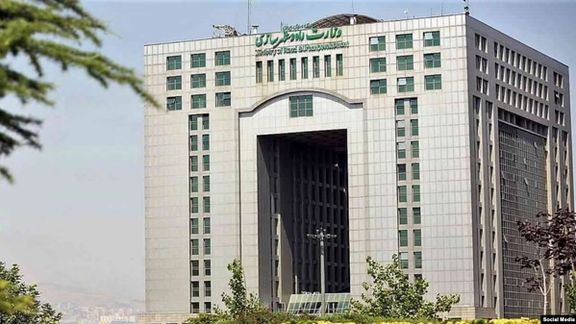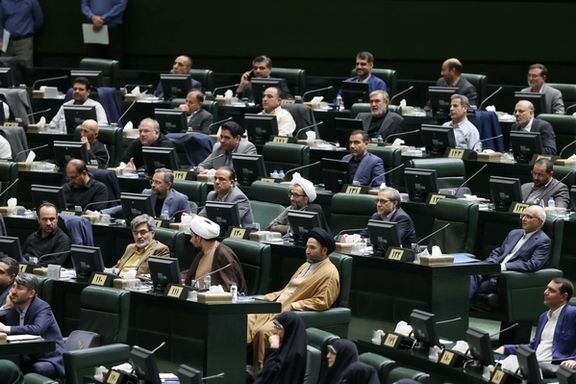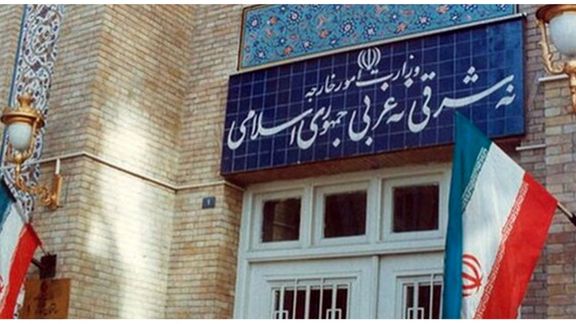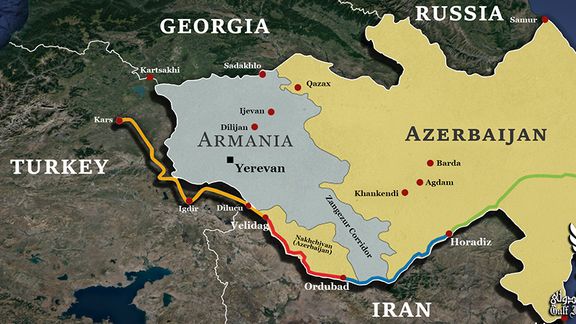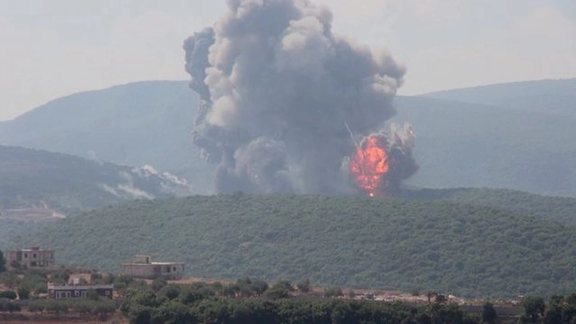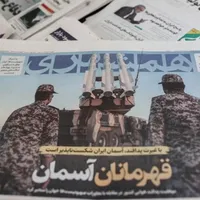In a Friday interview, Araghchi stated that rather than merely reviving the deal, "the agreement needs to be reopened" to allow for essential amendments. However, he clarified on Saturday that this does not imply the deal's "death."
However, Iranian experts permitted to speak in Tehran's media offer differing solutions. One expert advocates for comprehensive negotiations between Iran and the United States to resolve all outstanding issues, while another suggests that the West should accept the reality of Iran's uranium enrichment and focus on securing an agreement that prevents the development of nuclear weapons.
In 2015, Iran and major world powers (P5+1) signed the Joint Comprehensive Plan of Action (JCPOA), aiming to curb Iran's nuclear activities in exchange for sanctions relief, with Araghchi playing a key role in the negotiations. In 2018, President Trump unilaterally withdrew from the accord, citing its shortcomings, including its failure to address Iran's missile program.
Efforts to revive the deal in 2021 and 2022 under the Biden administration, which opposed Trump's withdrawal, were unsuccessful. Western countries accused Tehran of rejecting proposals mediated by the European Union.
Araghchi pointed to two significant shifts in the international political landscape—the wars in Ukraine and Gaza—as key factors that have rendered the revival of the JCPOA impossible. He remarked, "The current picture differs from what it was before.”
Since mid-2022, Tehran has provided Russia with weapons, including Shahed drones used in the Ukraine conflict, prompting sanctions from the US, UK, and EU for violating UN Security Council Resolution 2231.
Following Hamas' attack on Israel on October 7, Iran intensified its activities against American and Israeli interests by deploying armed groups it supports across the Middle East. Consequently, in May, the EU broadened its sanctions to include drones, missiles, and Iran's backing of armed groups in the Middle East and the Red Sea region, where Iran-backed Houthi forces have disrupted global shipping since November.
However, a former Iranian diplomat contends that Araghchi's reasons for not reviving the JCPOA are less significant than two other critical factors that complicate any attempt to restore the deal.
“First, Iran's substantial advancements in enrichment technology and related equipment over the past five years may make it challenging, if not undesirable, for Iranian officials to revert to the JCPOA's restrictions. Second, the US may struggle to re-establish the so-called one-year nuclear breakout time, potentially leading to a reluctance to reengage with the JCPOA,” Kourosh Ahmadi, a former Iranian diplomat in United Nations, told Entekhab, a Tehran-based relatively independent outlet.
In July, US Secretary of State Antony Blinken remarked that Iran's nuclear breakout time—the period required to produce sufficient amount of 90% enriched uranium for a bomb—has likely been reduced to "one or two weeks."
Earlier this year, Rafael Grossi, the head of the UN's nuclear watchdog, warned that Iran could be capable of producing a nuclear weapon within weeks rather than months. Meanwhile, under the terms of the JCPOA, uranium enrichment was strictly limited to a cap of 3.67 percent.
In the interview, Ahmadi reiterated his longstanding belief that a broader, more holistic approach would best serve Iran's interests. However, in this latest discussion, he conceded that Iran may not be ready for such an expansive strategy, suggesting that the most practical step would be to rewrite the JCPOA.
Ahmadi’s holistic approach involves negotiating with the US on various issues rather than focusing solely on the nuclear file. He argued that the JCPOA was a "single-issue" agreement centered on nuclear concerns, while sanctions related to terrorism and human rights violations remain in place.
In a bold statement during a July interview, Ahmadi had gone even so far as to describe Donald Trump as a "practical" man, suggesting that Iran could have potentially struck a deal with him.
"Putting aside Trump's shortcomings, we must focus on what our national interests demand. Those interests may require us to engage in dialogue, even with adversaries. After all, even North Korea sat down to negotiate with Trump,” Ahmadi said.
Another foreign policy expert in Tehran, Abdolreza Farajirad, told the semi-official ILNA website that it would be unacceptable for the Islamic Republic to give up 60% enrichment and return to the 3.67% JCPOA limit. Therefore, the West should drop the issue of enrichment in its quest to reach an agreement with Iran. Instead, the emphasis should be a ban on developing nuclear weapons.
Farajirad also acknowledged that Iran's regional activities are a matter that must be addressed. However, his proposal for a ban on nuclear weapons overlooks the fact that if Iran is allowed to maintain a breakout time of just a few weeks, there is no guarantee it won't catch the world off guard in the future.
